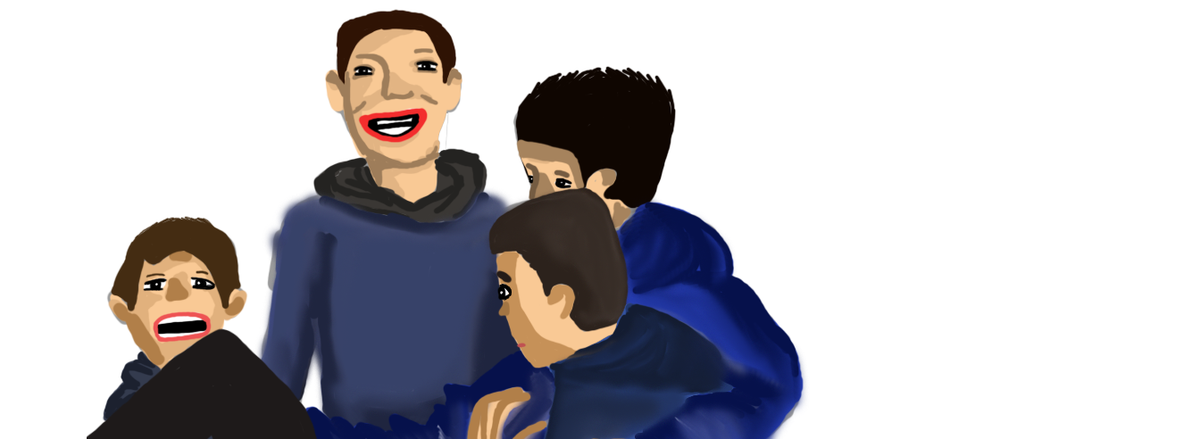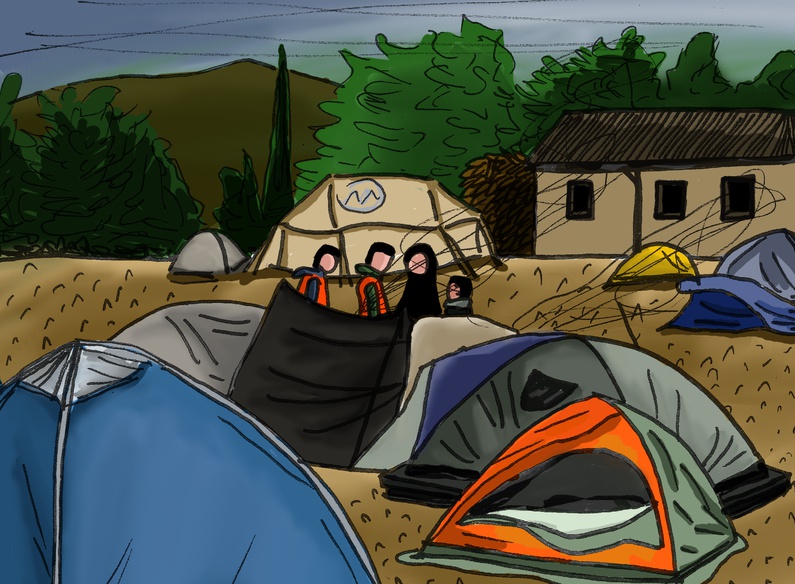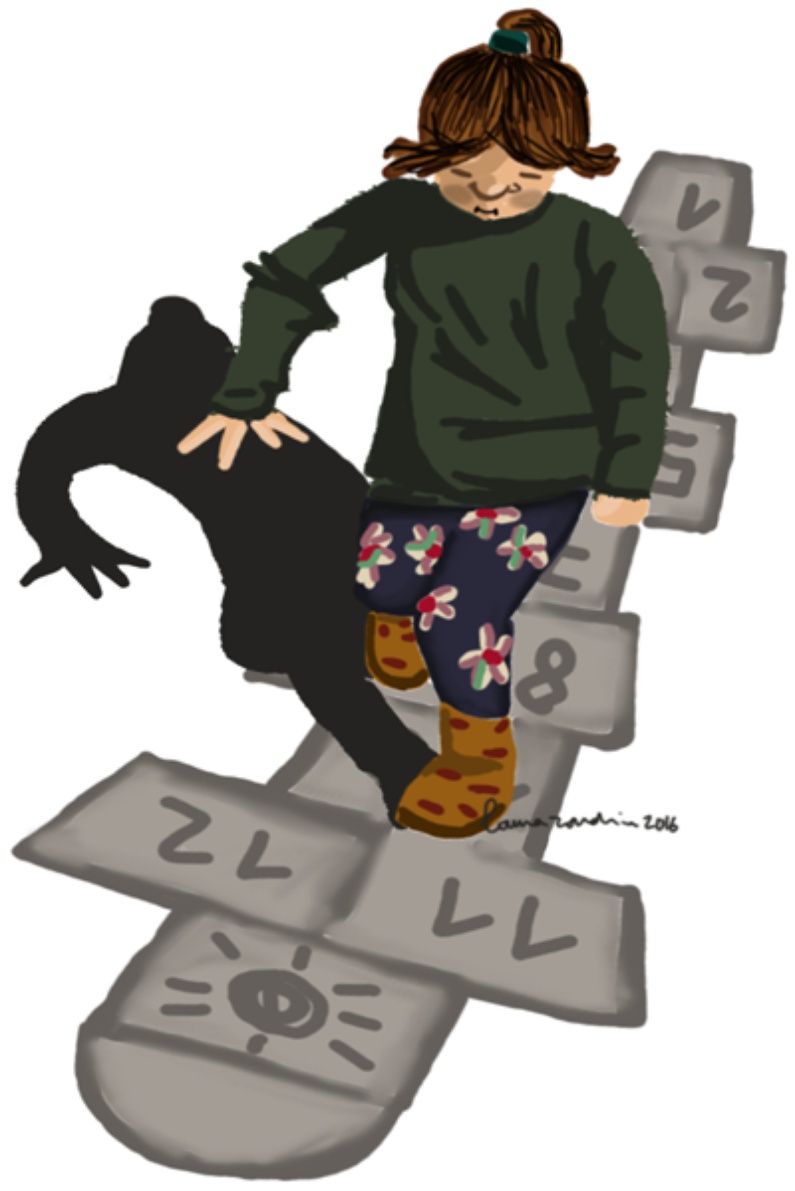
Inside Idomeni refugee camp: So close, yet so far
Published on
Translation by:
Alexander PearsonIdomeni is a small, Greek village on the border with Macedonia. A transit hub for refugees taking the Balkans route, this unremarkable and tranquil village has become an immense, informal, tented camp. Opinion piece.
The steady pace of life, typical of rural areas, has been disturbed by the frenetic activity of mass human migration. Since the decision taken by the Balkan countries to close their borders, life has become sedentary – characterised by difficulty, insecurity and waiting.
More than 10,000 men, women and children camp amidst rubbish, tents, bonfires and huts. They are all waiting for European governments and institutions to find a solution that would finally offer shelter from war and destitution.
 The majority come from Syria, Iraq, Afghanistan and Kurdistan. They are men and women who flee the extreme poverty and war that plague their countries, and who, once they reach Europe, are rejected and forced to live in extremely difficult conditions.
The majority come from Syria, Iraq, Afghanistan and Kurdistan. They are men and women who flee the extreme poverty and war that plague their countries, and who, once they reach Europe, are rejected and forced to live in extremely difficult conditions.
The scream let out from Idomeni – a village on the border between Greece and Macedonia – is deafening in its silence. It's a scream without voice, yet a powerful one, heard the world over. It's a scream that calls for justice and acceptance, yet is answered with indifference, fear and borders.
A troubling paradox, because Idomeni is already Europe, and Greece was one of the cradles of European civilisation. It's incredible that in 2016, people arriving in Europe after fleeing war-torn countries are rejected, rather than welcomed. From Idomeni, Europe appears as a continent full of divisions, resentment, fear and selfishness. The situation on the Greek-Macedonian border, as with other camps scattered throughout Greece, is worrying. It becomes even more scandalous when viewed through the eyes of a child.
 Around 40% of Idomeni's inhabitants are minors. They too are exposed to this precarious and complex life. It's comforting to see that, despite the difficulties, children are able to keep smiling (in a way adults cannot), nourished by hope, play and dreams. Their will to live and to imagine a different future will emerge from this bleak environment; it will survive the selfishness of European nations.
Around 40% of Idomeni's inhabitants are minors. They too are exposed to this precarious and complex life. It's comforting to see that, despite the difficulties, children are able to keep smiling (in a way adults cannot), nourished by hope, play and dreams. Their will to live and to imagine a different future will emerge from this bleak environment; it will survive the selfishness of European nations.
At the moment, Idomeni, despite being geographically at the heart of Europe, seems so far away. In the last few months numerous activists and volunteers have tried to reduce this distance by distributing aid, clothes and food. They organise activities for the children and provide essential medical care. There are many volunteer-organised activities in Idomeni that are the result of the work of citizens from all over the world. It's an intense experience in solidarity, perhaps even moving. An experience that fills us with enough hope, enough belief, to say that the men and women of Idomeni are not alone, and that a Europe that is open, welcoming and united is not a utopia.
Translated from Réfugiés à Idomeni : si proches et pourtant si loin



